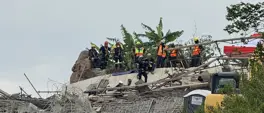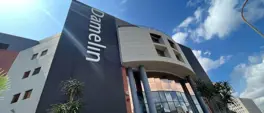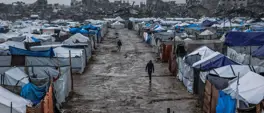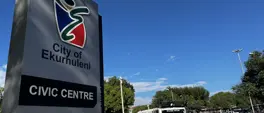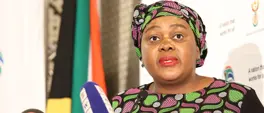Gauteng primed to be frontrunners of innovation and technology in agriculture - MEC Ramokgopa
Nokukhanya Mntambo
18 August 2025 | 6:47Gauteng MEC for Agriculture and Rural Development Vuyiswa Ramokgopa said the country must leverage on its G20 presidency to address African challenges, including trade barriers and the adaptation to natural disasters.
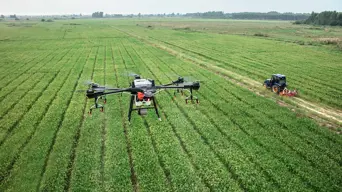
Picture: DJI-Agras from Pixabay
JOHANNESBURG - Gauteng MEC for Agriculture and Rural Development Vuyiswa Ramokgopa said the province was primed to be the frontrunners of innovation and technology in agriculture, as the G20 stream looks to address global food security.
Talks to ensure transformative agricultural policies, promoting global cooperation and increasing investment in sustainable farming are top of the agenda for the bloc’s agriculture working group.
Ramokgopa said the country must leverage on its G20 presidency to address African challenges, including trade barriers and the adaptation to natural disasters.
She recently joined EWN’s Nokukhanya Mntambo at AgriPark in Soshanguve to discuss the impact of world politics on the industry.
South Africa’s agriculture industry is a paradox where despite being a net exporter of products, many households still face hunger.
MEC Ramokgopa said the key to food security was optimising food systems.
"There is a disconnect between how the systems and the economy of food works as far actually solving the issue of food security."
High food prices are a major driver of food insecurity, with rising global competition, energy prices, the cost of agricultural inputs and the impact of various global shocks at play.
She said technology could help break the cycle of food insecurity.
"Size is not the only factor, it’s also about what you put in in terms of technology, in terms of IP."
According to the human sciences research council, process innovation is dominant in agriculture to improve efficiency and productivity and can address immediate operational needs.
This includes new irrigation methods to optimise water use, control methods for pests, and using blockchain technologies to improve supply chain transparency and efficiency.
Get the whole picture 💡
Take a look at the topic timeline for all related articles.




